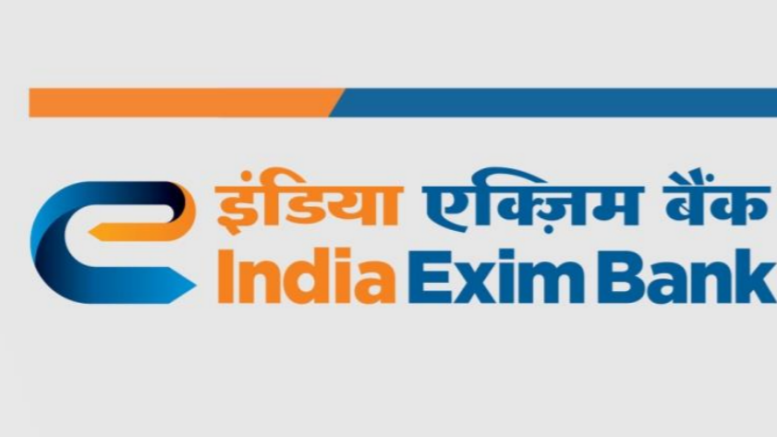MUMBAI, 23 SEPTEMBER, 2020 (GPN): India Exim Bank’s study titled “AfCFTA: Opportunities for India in Africa’s Economic Integration” was released during the 15th CII-EXIM Bank Digital Conclave on India Africa Project Partnership on September 22,2020 in the presence of Dr. S Jaishankar, Minister of External Affairs, Government of India, H.E. Prof. Yemi Osinbajo, Vice President, Federal Republic of Nigeria, Hon Ms Raychelle Awour Omamo, Cabinet Secretary for Foreign Affairs, Republic of Kenya, Hon. Dr Mohammad Anwar Husnoo, Vice-Prime Minister, Republic of Mauritius, Mr. David Rasquinha, Managing Director, Export-Import Bank of India, Mr. Uday Kotak, President, Confederation of Indian Industry and Managing Director, Kotak Mahindra Bank, Mr. Chandrajit Banerjee, Director General, Confederation of Indian Industry and Mr S Kuppuswamy, Co-Chair, CII Africa Committee.
Africa’s intra-regional trade has stagnated to around 14 percent over the past decade. Africa has taken cognizance of this intra-continental shortage of trade and its increased efforts towards economic integration is reflected in the agreement establishing the African Continental Free Trade Area (AfCFTA) which came into force on May 30, 2019. Trade under AfCFTA, which was supposed to initiate from July 2020, has now been postponed to 2021 on account of the COVID-19 pandemic.
It has been estimated that trade under AfCFTA would increase intra-African trade by at least 52.3 percent. However, the effectiveness of this agreement is subject to improved trade-related infrastructure and transit costs.
India and Africa’s robust trade synergy is testimony to the longstanding partnership built over the years. India has continued to remain Africa’s second largest trading partner since 2017. However, India does not feature in the top five investors in Africa (in terms of FDI stock). Therefore, there is an increasing need for India to give AfCFTA priority on its foreign policy map by fostering innovative strategies that optimise growth and address the development needs of the region.
In this regard, the India Exim Bank’s Study draws three critical areas for India to enhance its trade and investment relations with the African countries. The integrated approach would entail facilitating development of Regional Value Chain (RVC) in Africa and integrating Africa to the Global Value Chain (GVC) in the long run; strengthening Africa’s infrastructure and connectivity, and facilitating trade finance in Africa, among others.
To evaluate Africa’s present standing in the GVC, the Study draws an analysis of Africa’s GVC participation as well as GVC position. Majority of the African economies tend to have a modest GVC participation rate and higher GVC position rate due to their high domestic value-added exports (mainly primary commodities) and involvement in upstream activity (initial part of the value chain). India’s private sector could therefore assist African countries in further value addition and integration into agricultural, manufacturing and services value chains. With the onset of the COVID-19 pandemic, the importance of integrating Africa and building resilient regional value chains has become even more pertinent. The India Exim Bank’s Study highlights that India and Africa could step up their cooperation in key areas like agro-processing, healthcare including pharmaceuticals and renewable energy to ensure a sustainable path for economic recovery.
The study also highlights that infrastructure plays a critical role in facilitating intra-regional trade. Africa’s annual infrastructure deficit is estimated between US$ 67.6 and US$ 107.5 billion, including transport and utilities infrastructure. In this regard, to facilitate infrastructure development and address the financing gap, innovative mechanism of financing besides traditional financing methods need to be explored to increase private sector involvement, which could include, among others, blended finance and PPP. Additionally, limited access to trade finance remains an overriding constraint to Africa’s trade, particularly for SMEs. The study proposes the need for increased engagement of Indian financial institutions with regional institutions in Africa to strengthen the financial institutional capacity of Africa. ENDS


Be the first to comment on "AfCFTA: India’s Opportunity to Boost its Engagements with Africa: India Exim Bank"